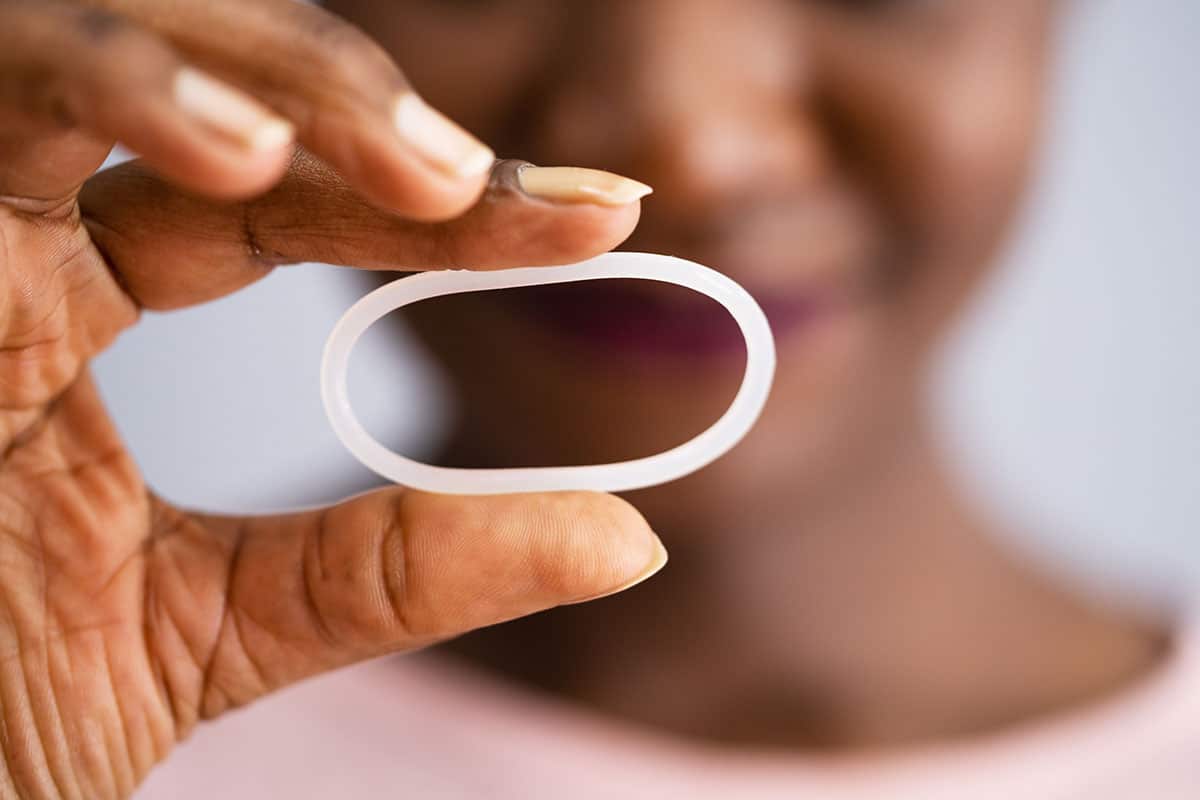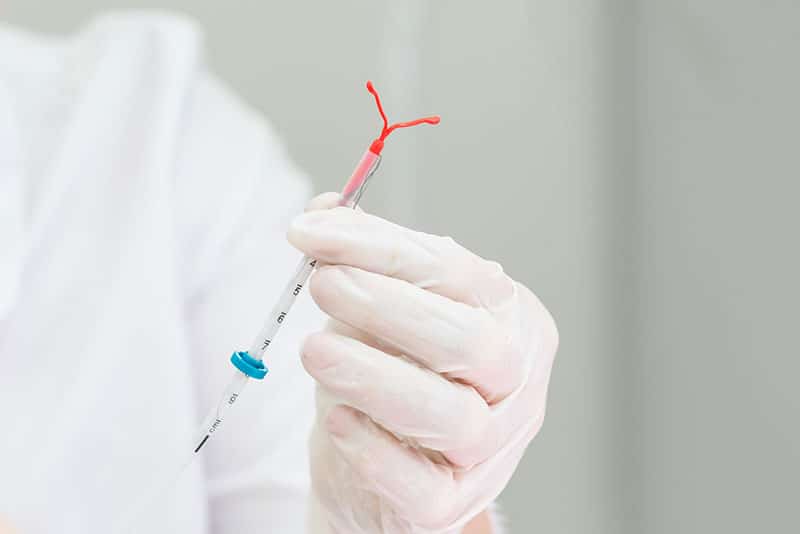Careful and consistent use of a birth control method will help prevent an unplanned pregnancy. Birth control methods can also be used to treat other medical concerns such as heavy, painful periods and acne. Our staff can help you decide which method is best for you, if you are trying to prevent pregnancy or to treat medical concerns. Let us know what your goals are, and we will provide personalized guidance and treatment.
It can take time to find the best birth control method for you. If you are experiencing symptoms that are bothersome or if you have a bad reaction to a medication we provided or prescribed, please contact us immediately.




You use 1 patch per week for 3 weeks in a row. The 4th week is a patch-free week.



A clinician inserts the IUC into your uterus, where it stays until you request that it be removed
FPA is committed to providing confidential and personalized care. Patient education is an important part of our practice.
It is normal to have questions, and it can be difficult to find unbiased information about abortion on the internet.
You can complete your registration forms before you arrive. Simply download, print and fill out the forms.
Yes. We offer birth control to our patients immediately after the abortion, if they are medically eligible. The clinician and physician will evaluate your needs and assist you with finding an appropriate birth control method. In most cases, we provide one full year of birth control.
In most cases, you should start your birth control on the first Sunday after your abortion procedure unless you are provided different instructions by our medical staff on the day of your visit.
Starting birth control as soon as you can after your procedure may help to reduce the amount of bleeding you have after an abortion and it will often help regulate your periods sooner. If you do not start your birth control right away after your procedure it is possible for you to become pregnant again within just a few weeks of the abortion.
Yes, we insert an intrauterine device, such as the Mirena, Skyla and Paragard, immediately following an abortion procedure. One of the benefits of having an IUD inserted on the same day as an abortion procedure is that we can insert the IUD while you are still under sedation, so you will not feel any discomfort during the insertion.
If you take the abortion pill, we can insert an IUD about a week after you take the medications. We will confirm that you are no longer pregnant and then insert the IUD at a follow-up visit.
An IUD is one of the most effective forms of birth control available. Please see our ‘Helpful Links’ page for more information about your IUD options. Most private insurance companies cover birth control, including an IUD. If you are not using your insurance for the abortion procedure, we are still happy to check your insurance for birth control coverage.
Finding the ‘best’ birth control method can take some time. Your needs and preferences are unique to you. Your friend may really like the depo shot but you might prefer birth control pills or a Skyla ID. Every person is different. Keep in mind that you may need to try a couple of different methods before you find the right birth control for you! We recommend that you explore your options before you come in for your visit. You can go to our birth control page for more information on available birth control options.
Keep in mind that most birth control methods do not help to protect you from sexually transmitted diseases (STDs) such as HIV and chlamydia. It is important to use a condom every time you have sex to protect yourself, especially if you or your partner have more than one sex partner. Some STDs are viruses that cannot be cured, which means that they will never go away. If not treated quickly, some STDs it can make it harder for you to become pregnant in the future. At FPA, we provide STD testing and referrals for free STD testing at your request.